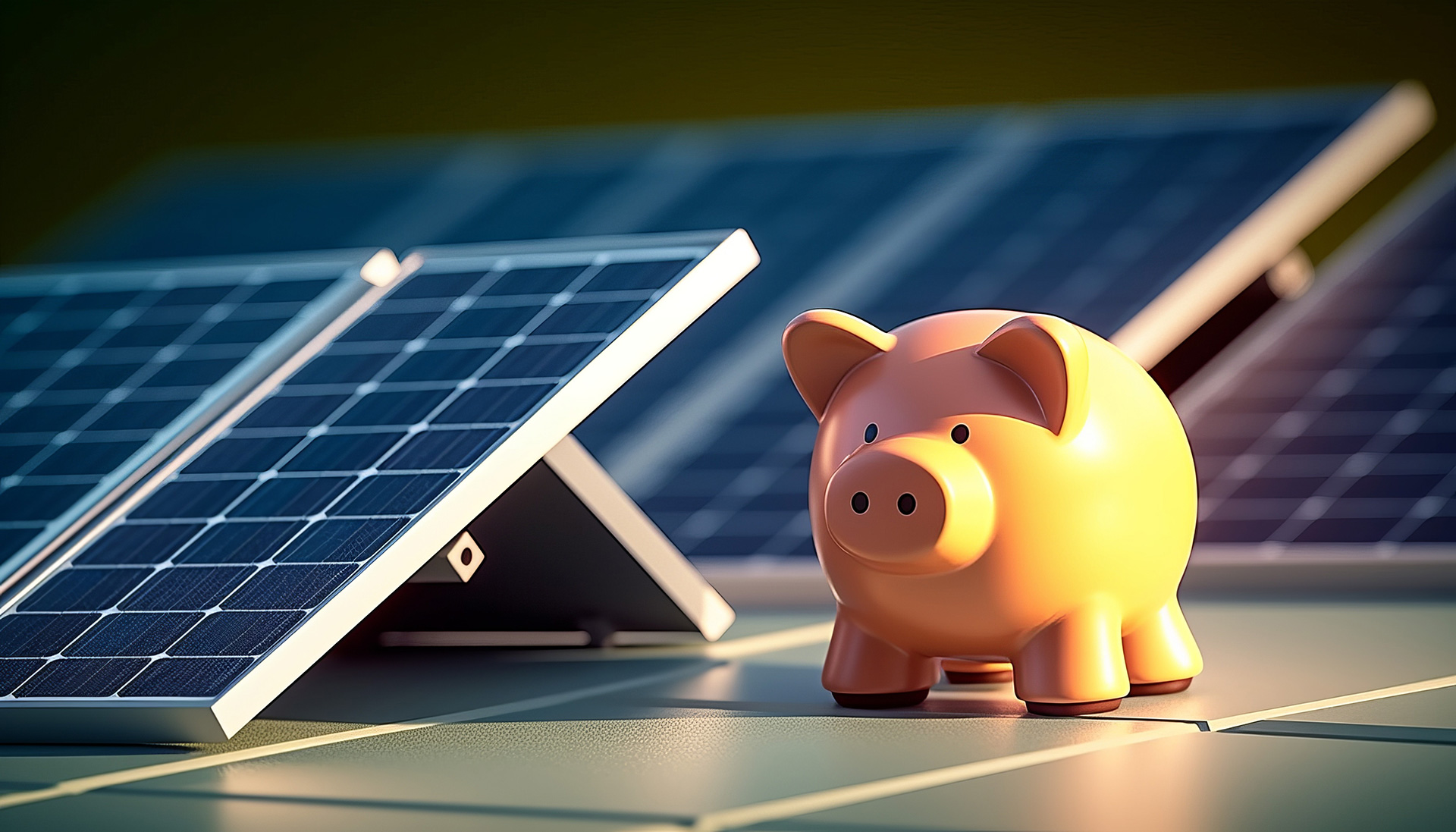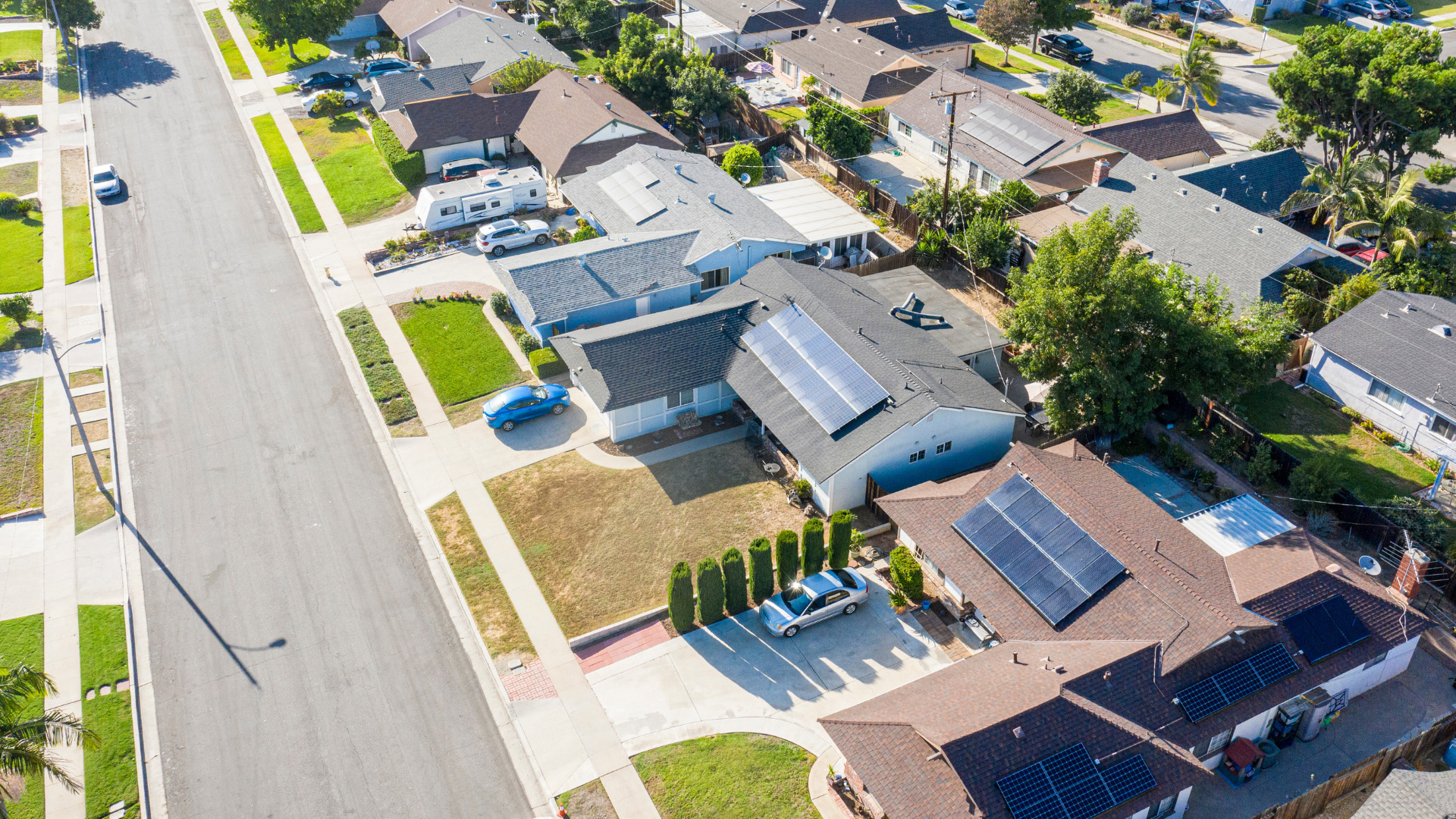You already know that you can use the federal solar tax credit, also known as the Investment Tax Credit (ITC), to save up to 30% on your solar system. But what you may not know is exactly what expenses are included in the tax credit.
The solar tax credit can be applied toward equipment and labor costs associated with your solar panel installation. This includes things like installation, equipment, battery storage, permitting fees, and other similar costs. It does not include expenses such as ongoing maintenance, property taxes, interest charged on financing, etc.
For more information on what you can and cannot claim on your solar tax credit, keep reading.
What expenses are covered by the Solar Tax Credit?
The solar tax credit covers a wide range of expenses associated with installing solar power systems for residential and commercial properties. Here are some of the common expenses covered by the credit:
- Solar equipment: It includes the cost of solar panels and other equipment necessary for the installation, such as inverters, racking systems, and wiring. Also, it entails all the hardware that is required to generate solar energy on your property.
- Installation: This covers the cost of the physical installation of the solar panels on your property, including labor, equipment rental, and other related expenses.
- Battery storage: It involves the cost of any energy storage systems, such as batteries, that are used in conjunction with the solar panels.
- Permits and inspections: The solar tax credit covers the cost of any government permits or inspections that are required to install solar panels on your property.
- Structural upgrades: It includes the cost of any necessary structural upgrades to the property, such as reinforcing a roof to support the weight of the solar panels.
What expenses are not covered?
While the solar tax credit covers expenses associated with installing solar power systems, there are certain expenses that are not covered by the credit. These include:
- Property taxes: Property taxes for the property on which the solar power system is installed are not covered by the solar tax credit.
- Maintenance costs: The ongoing maintenance costs of the solar power system, such as cleaning and repairs, are not covered by the credit.
- Financing charges: Costs associated with financing the installation of the solar power system, such as interest on a loan, are not covered by the credit.
- Costs incurred before the solar equipment was put in service: The credit can only be claimed for the tax year the solar equipment was put in service, not in the year it was paid for, so costs incurred before the system was put in service are not covered by the credit.
- Incentives or rebates: The solar tax credit is a federal credit and it does not cover any incentives or rebates offered by the state or local government.
Claim Your Solar Tax Credit
It’s always best to consult with a tax professional or check with the state and local government to understand the specific expenses covered by the solar tax credit in your area. For information on the solar tax credit, download your free whitepaper below or contact one of our Energy Consultants today.







